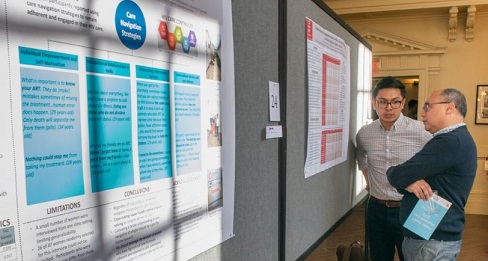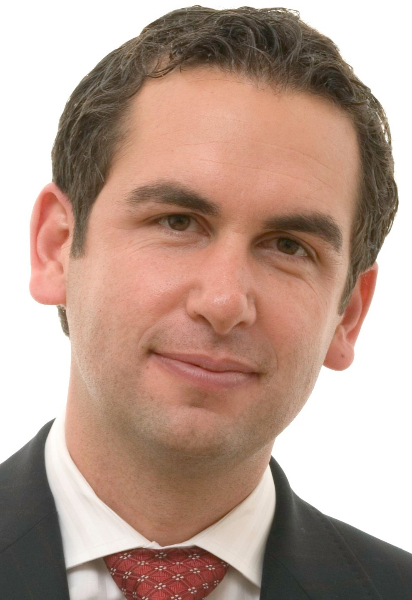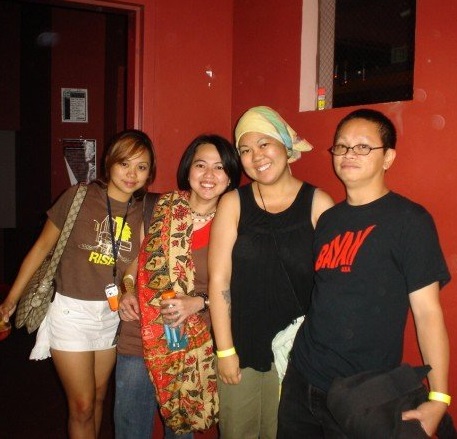Brown U to research HIV stigma, other health issues in the PHL


A team of faculty and student scholars from the Brown University School of Public Health in Providence, Rhode Island, has launched a new initiative that will centralize research focused on improving health outcomes among Filipinos and Filipino Americans.
The Philippine Health Initiative for Research, Service and Training will bring together the work of researchers from across the School of Public Health along with the University’s Warren Alpert Medical School and Global Health Initiative. The initiative offers an opportunity to reinforce and expand upon a range of collaborative, community-based work around Filipino health already underway at Brown, said Jennifer Nazareno, an assistant professor of behavioral and social sciences.
Historically, public health research about the Philippines and Filipinos has been marginalized, she said, or combined with research about other Asian populations — despite the fact that Filipinos comprise the second largest Asian American group in the United States.
“This is the perfect opportunity to highlight and underscore emerging research at Brown about a population that has not been historically centered in conversations about public health,” said Nazareno, a faculty director for the initiative. “This initiative will enable us to better exchange ideas about what we’ve learned in our respective research, which will in turn generate more work, more ideas, more collaboration and more visibility.”
The new Brown initiative builds on an already established partnership with University of the Philippines in Manila — funded by a National Institutes of Health grant — that has enabled frequent research collaboration between the two institutions, as well as with community partners in the Philippines. Much of the initiative’s research will center on the intersection of social science, policy and public health. Nazareno’s research focuses on the experiences and health outcomes of Filipino women healthcare workers who make up a large part of America’s nursing and long-term care work force. Her work also examines how immigrant Filipino women nurses built health and long-term care businesses as early as the 1970s.
Don Operario, a professor and associate dean for academic affairs at the School of Public Health, will also serve as a faculty director. Other researchers involved in the initiative include Susan Cu-Uvin, the director of Brown’s Global Health Initiative, who with Operario, leads the Brown University and University of the Philippines Training Program for the Prevention of HIV in Vulnerable Populations; and Arjee Restar, a doctoral candidate in the School of Public Health who conducts research on how the HIV epidemic is impacting LGBTQ residents in the Philippines.
Though the initiative will be led by faculty, its creation was spearheaded by public health master’s student Alexander Adia, who worked closely with each of the researchers during a study on HIV stigma and discrimination in the Philippines. They examined health inequities facing Filipinos, particularly as they relate to HIV in the island nation, which faces the fastest growing HIV epidemic in the Asia Pacific region.
“There was this critical mass of research and researchers at Brown all interested in the Philippines in ways that intersected with one another,” Adia said. “I thought it would make sense to provide a central hub for all this work being done by Filipino-facing scholars at the School of Public Health that would also signal-boost other efforts across the United States and in the Philippines.”
The initiative celebrated its official launch at an event on April 22, but the robust collaboration it formalizes is already well underway. During the 2018-19 academic year alone Adia, Nazareno, Operario and Restar partnered with colleagues at the University of the Philippines on research ranging from HIV disclosure in the workplace and legal protections for Filipinos with HIV to the structural barriers that reduce access to contraceptives in the nation.
“The ultimate goal of these research projects is to help the people we are doing the research for and with,” said Adia, who recently received Brown’s annual master’s degree student award for outstanding academic accomplishment. “These projects would not be possible or relevant without the integration of community voices and goals, without really listening to people and community-based organizations in the Philippines.” — Brown University, Providence R.I.











